Recently, the Department of Nephrology and Urology of the Central Endocrinology Hospital received a case of type 2 diabetes who was only 16 years old. The patient was female, had symptoms of headache and dizziness for about 10 days, went to the provincial hospital for examination and was diagnosed with diabetes. The patient was treated with oral medication for 7 days but her blood sugar was not stable so she was transferred to the Central Endocrinology Hospital. Through examination and testing, the patient was diagnosed with diabetes, metabolic disorder, insulin resistance, grade 2 obesity (the patient is 1.7 m tall, weighs 90 kg), black acanthosis nigricans, and polycystic ovaries.
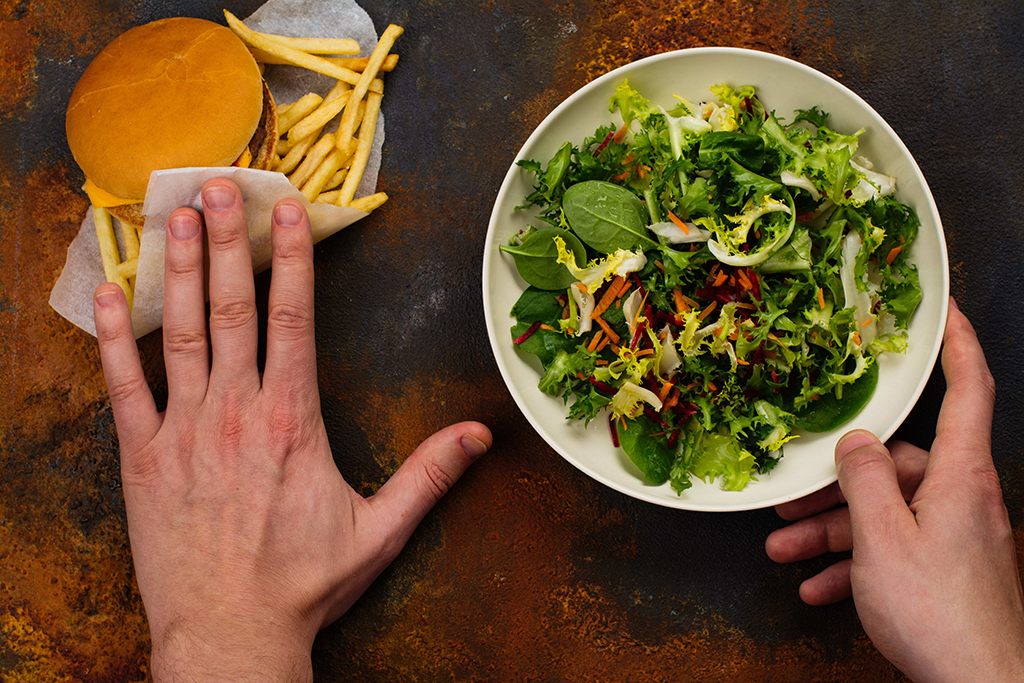
Replace fast food with healthy foods such as fruits, vegetables, etc. to help prevent disease.
Taking the patient’s medical history, the doctors learned that both the patient’s paternal and maternal grandmothers had diabetes. The patient herself often ate fast and fried food, had little exercise, and sat for hours at a time. In the past two years, the patient had gained weight abnormally quickly.
At the Central Endocrinology Hospital, after 7 days of treatment, the patient no longer had symptoms of headache and dizziness, blood sugar was stable and he lost 3 kg. The patient was also instructed by the treating doctor to change his diet and increase physical exercise to improve his weight, helping to better support the treatment of diabetes and metabolic disorders.
Speaking more about the relationship between obesity and diabetes, experts from Tam Anh General Hospital said that obesity makes the body's cells resistant to insulin (insulin is a hormone that helps sugar enter cells to create energy for the body to function), causing sugar not to be absorbed by cells, leading to high blood sugar levels, causing the risk of type 2 diabetes.
To avoid obesity, from a young age, people need to have a healthy lifestyle, a scientific diet and regular physical exercise. For obese people, losing just 3% of their initial body weight can significantly reduce the risk of developing obesity-related complications.
Most people should reduce their daily energy intake by 600 calories if they want to lose 0.5 to 1 kg per week. Men should consume no more than 1,900 calories per day, and women should consume no more than 1,400 calories per day. The best way is to replace unhealthy, high-energy foods (fast food, processed foods), sugary drinks (including alcohol) with healthy foods, increase fruits and vegetables, whole grains and high-fiber foods, eat less fatty foods and limit sugary drinks.
According to the recommendations of the Central Endocrinology Hospital, people with diabetes need to follow the doctor's instructions, take the right dose of medication, and for enough time to achieve the target HbA1c test index (HbA1c test helps diagnose diabetes through the glucose index measured in the blood from 5 to 12 weeks before). Patients need to control their diet, limit foods containing a lot of starch, sugar; foods with high fat content; consult the diet of doctors and nutritionists. Blood sugar needs to be monitored regularly to have a plan to control blood sugar.
Diabetic patients need to increase physical activity, practice at least 30 minutes/day. For overweight and obese people, they need to practice more, according to the doctor's advice to suit their health and achieve effectiveness.
Source link




![[Photo] More than 17,000 candidates participate in the 2025 SPT Competency Assessment Test of Hanoi National University of Education](https://vphoto.vietnam.vn/thumb/1200x675/vietnam/resource/IMAGE/2025/5/17/e538d9a1636c407cbb211b314e6303fd)
![[Photo] Prime Minister Pham Minh Chinh chairs meeting on science and technology development](https://vphoto.vietnam.vn/thumb/1200x675/vietnam/resource/IMAGE/2025/5/17/ae80dd74c384439789b12013c738a045)

![[Photo] Readers line up to visit the photo exhibition and receive a special publication commemorating the 135th birthday of President Ho Chi Minh at Nhan Dan Newspaper](https://vphoto.vietnam.vn/thumb/1200x675/vietnam/resource/IMAGE/2025/5/17/85b3197fc6bd43e6a9ee4db15101005b)





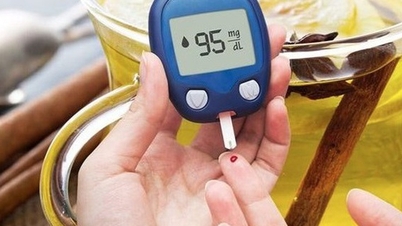



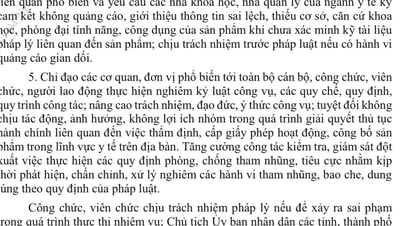
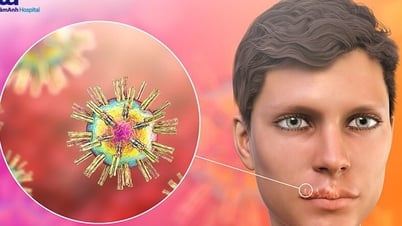
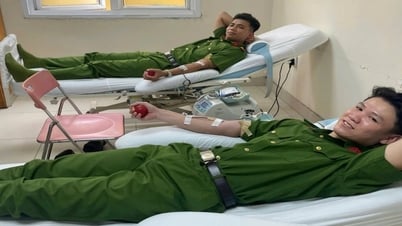



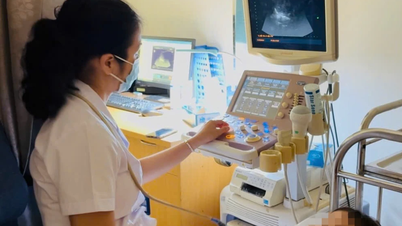











![[Photo] Nearly 3,000 students moved by stories about soldiers](https://vphoto.vietnam.vn/thumb/1200x675/vietnam/resource/IMAGE/2025/5/17/21da57c8241e42438b423eaa37215e0e)




































































Comment (0)